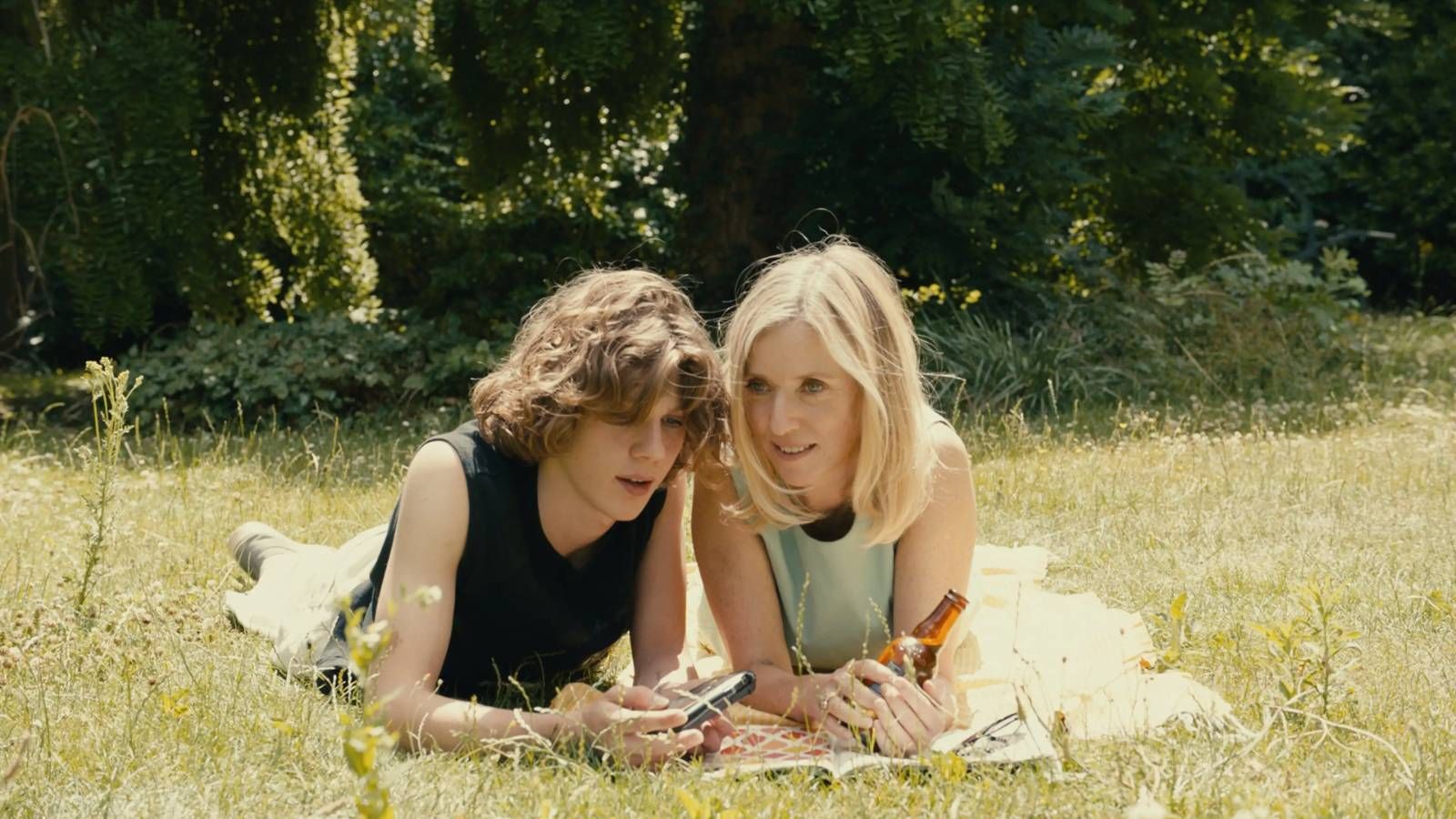Anne, a successful lawyer, welcomes Théo, the seventeen-year-old son her husband had from a previous marriage, into her home. An unexpected understanding develops between the two, but when Théo tells his father that he and Anne have become lovers, the woman denies everything…
The ecstasy of desire. This interests Catherine Breillat in Last Summer (L’Été dernier, presented at Cannes 2023), a remake—or personal reinterpretation—of the Danish film Queen of Hearts (Dronningen) by May el-Toukhy, which she agreed to direct at the invitation of Saïd Ben Saïd. Thus, she returns behind the camera ten years after her last film, making profound changes to both the screenplay and the staging of the original film. Breillat indeed brings the subject back to her own cinema, to the centrality of desire and the relationships between genders, always narrated through the lens of a perturbed and disturbing sexuality.
Traits that have made her a recognizable and nonconformist figure in an era when filming bodies and sex as she did was certainly a strong statement of artistic personality and a political stance—especially for a woman. Here, however, she revisits them through a kind of sublimation through which she pursues the mystical representation of bodies in the act of enjoyment as the ultimate liberation.
The relationship that suddenly explodes, tying the juvenile lawyer Anne (Léa Drucker) to her adolescent stepson Théo (Samuel Kircher), is staged by Breillat in a summer atmosphere that imbues every image with an enveloping light: a bourgeois family, a beautiful house outside the city, a garden, two little girls (adopted by the middle-aged couple) full of energy and life. And then, suddenly, the irruption of the problematic Théo who enters the scene with a provocative demeanor and an unripe body. The pacing is not that of a thriller, and even the tension (despite the declared references to Hitchcock) immediately fades into the mechanical nature of the screenplay and in dialogues that are contrived and almost bombastic, while the direction seeks in a play of proximity and removal of the gaze a dialogue between the ecstatic dimension of desire and the world.
Thus, the film takes shape through extremely close shots that explore the faces of the two lovers, shunning realism and searching within them, far more than in their bodies, for the mystical purity of pleasure; and through shots that, by regaining distance, should allow the viewer to find the necessary elements to believe in the two’s involvement, the risks they take, mutual surrender, the rediscovery of a lightness Anne never had, and the discovery of love for Théo. Instead, one finds the persistent presence of objects with symbolism so explicit and trite (the painting of the nude woman above the bed, the heart-shaped keychain, the key held by Anne in their last embrace, the bright reflection of the wedding ring turning into a star) that they become merely repetitive forced elements.
Last Summer is an ambitious film, undoubtedly beneficial for its director and certainly consistent with her cinema and the programmatic intent to dismantle the notion that the only way to film sex is through the objectification of the female body by the male gaze. However, this questioning falls apart here in its very rigid and deliberate setup.
Chiara Borroni
Cineforum, March 6, 2024





